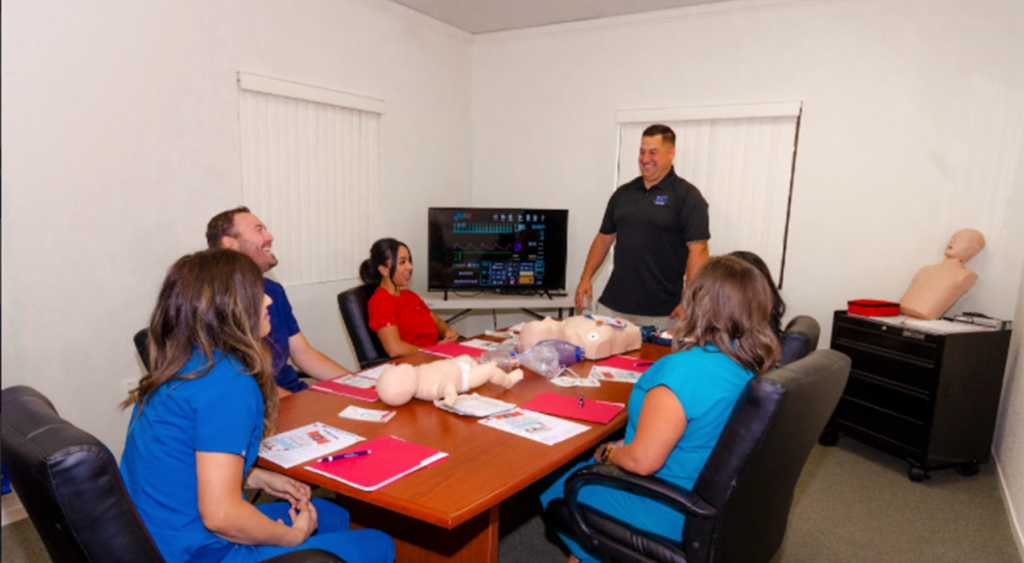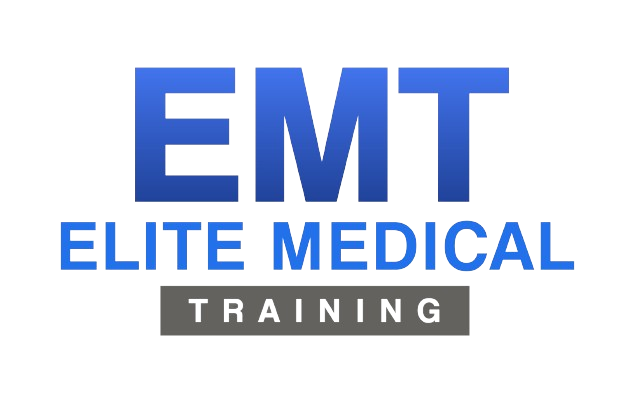First Aid: Why You Need a First Aid Kit and CPR
What is first aid?
First aid is the care of injured or sick people who need urgent medical attention. First aid applies to a wide range of medical situations, including:
- Specific knowledge and skills (e.g. how to deal with each type of injury or illness)
- Ability to assess situations and make appropriate decisions (e.g. when to seek medical help)
- Always carry your medical information with you.
- Everyone will need a first aid kit at some point. A first aid kit can be basic or comprehensive. Take the time to prepare your kit at home or when traveling.
Do I need it?
Preparation is an important component of first aid. All homes, cars, and boats should be equipped with a basic emergency kit, including first aid supplies and a first aid manual, but special situations require more advanced or specific emergency preparedness may become.
Travelers should also be prepared to provide first aid in the areas they plan to visit. In many developed countries, standard first aid kits and manuals will be packed with your belongings.
In developing countries and remote areas, a first aid kit containing medicines and supplies that may not be available over the counter, as well as specific products needed for travel (such as repellent to prevent mosquito and tick bites) must be placed in It is also important for international travelers to familiarize themselves with telephone access to emergency services.
Do I need CPR or first aid certification?
- Preparation to provide effective first aid may also include learning specific skills such as cardiopulmonary resuscitation (CPR) and abdominal presses to help victims of asphyxiation.
- First aid may be required for medical emergencies such as heart attack, stroke, seizures, and minor conditions such as nosebleeds and mild allergic reactions.
- Environmental trauma (sunburn, poison ivy, heat stroke, frostbite, bee and insect bites) and trauma (muscle strains, sprains, burns, punctures, lacerations, and more serious internal injuries) make first aid skills invaluable. There are other situations that may occur.
- Regardless of your skill level or level of first aid training, always call 911 immediately in the event of a true medical emergency.
- Likewise, if you are involved in a medical situation that exceeds your personal first aid skills, do not hesitate to seek immediate medical assistance.


